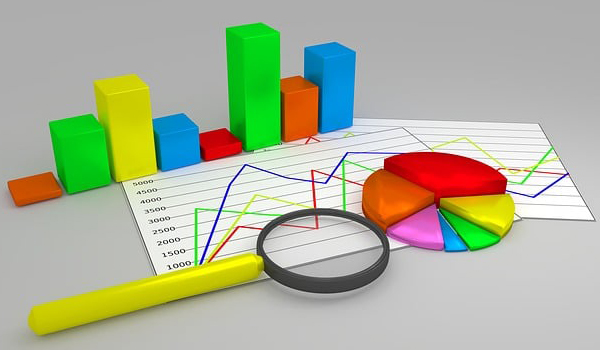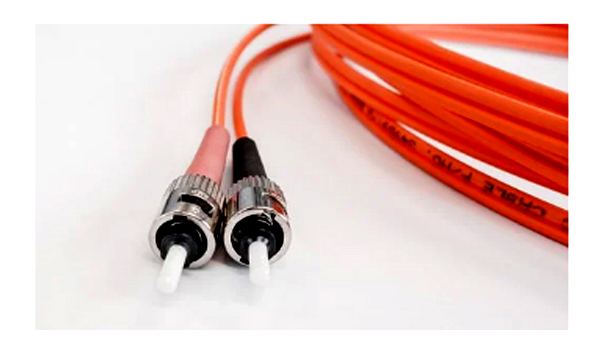Capital Lease
A capital lease, also known as a finance lease, is a legal agreement made to pay for the temporary use of business equipment.
Updated: November 2, 2023

A capital lease, also known as a finance lease, is a legal agreement made to pay for the temporary use of business equipment. A capital lease is recorded as an asset and as a liability in accounting.
Companies can get long-term use of expensive equipment for which it doesn't have the funds to pay upfront with capital leases. Ownership can be transferred to the business at the end of the lease term outright or with the payment of an additional sum in most agreements.
The lessee is responsible for the maintenance and repairs of the equipment. A capital lease is different from a short-term agreement which is called an operating lease. Here, the ownership isn't transferred to the lessee.
Companies usually lease many pieces of equipment with capital and operating lease agreements. Asset leasing software are generally used by companies to manage the entire lease lifecycle, from loan origination to making payments to navigating the end of a contract. A company can ensure its compliance with accounting principles and reporting standards with this software.
Claiming depreciation, Reporting interest and Achieving ownership are some of the benefits of a capital lease. The equipment can be treated as both an asset and a liability on the balance sheet of the lessee.
Benefits of a capital lease
- Ownership Transfer Option
- Off-Balance Sheet Financing
- Tax Deductions
- Preservation of Capital
- Long-Term Financing
- Fixed Interest Rates
- Asset Control
- Customization
- No Residual Value Risk
- Flexible End-of-Term Options
- Asset Upgrades
- Potential Cost Savings
- Conservation of Credit Lines


